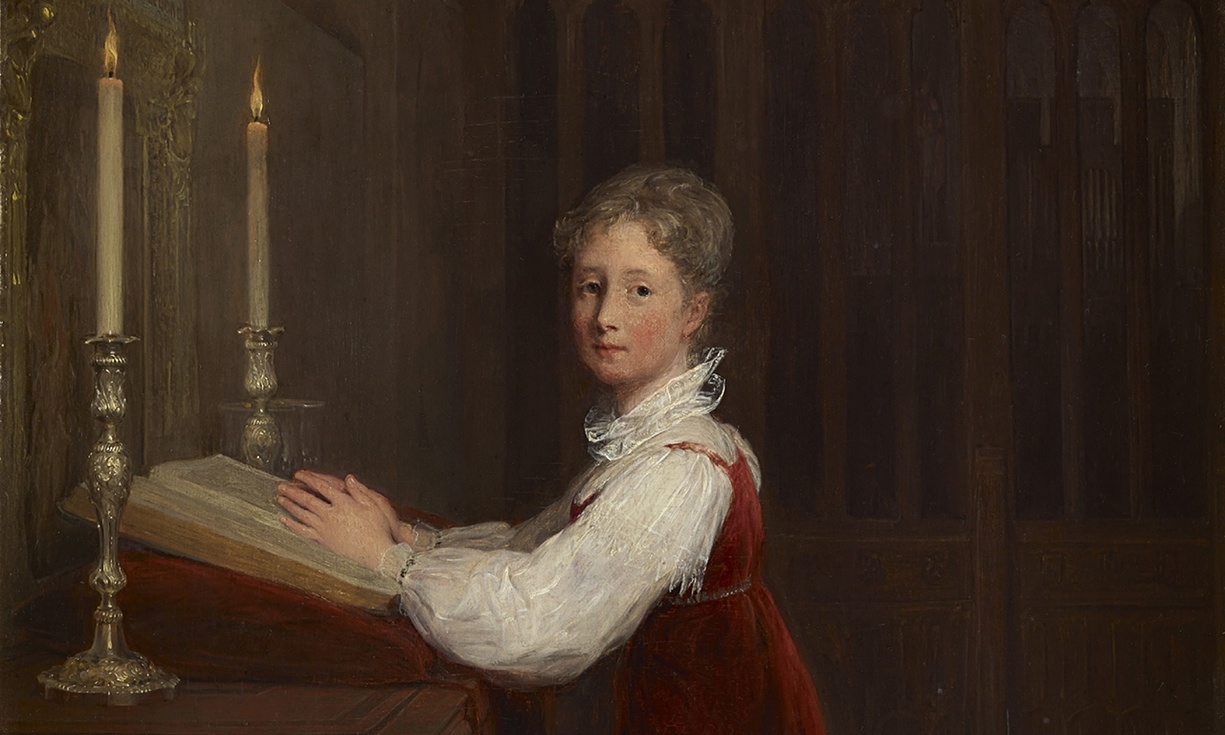Spiritual Sunday
As I am currently besotted with War and Peace, here’s a passage on the power of prayer. Natasha Rostova has been seduced by the irresponsible rake Anatole Kuragin when she is bethrothed to Prince Andrey Bolkonsky and barely escapes ruin. She is thrown in a serious illness as a result, but church attendance and prayer help bring about her recovery. I particularly like Tolstoy’s observation that unexplained ritual plays an important role:
Before the end of the fast of St. Peter, Agrafena Ivanovna Belova, a country neighbor of the Rostovs, came to Moscow to pay her devotions at the shrines of the Moscow saints. She suggested that Natasha should fast and prepare for Holy Communion, and Natasha gladly welcomed the idea. Despite the doctor’s orders that she should not go out early in the morning, Natasha insisted on fasting and preparing for the sacrament, not as they generally prepared for it in the Rostov family by attending three services in their own house, but as Agrafena Ivanovna did, by going to church every day for a week and not once missing Vespers, Matins, or Mass.
The countess [Natasha’s mother] was pleased with Natasha’s zeal; after the poor results of the medical treatment, in the depths of her heart she hoped that prayer might help her daughter more than medicines and, though not without fear and concealing it from the doctor, she agreed to Natasha’s wish and entrusted her to Belova. Agrafena Ivanovna used to come to wake Natasha at three in the morning, but generally found her already awake. She was afraid of being late for Matins. Hastily washing, and meekly putting on her shabbiest dress and an old mantilla, Natasha, shivering in the fresh air, went out into the deserted streets lit by the clear light of dawn. By Agrafena Ivanovna’s advice Natasha prepared herself not in their own parish, but at a church where, according to the devout Agrafena Ivanovna, the priest was a man of very severe and lofty life. There were never many people in the church; Natasha always stood beside Belova in the customary place before an icon of the Blessed Virgin, let into the screen before the choir on the left side, and a feeling, new to her, of humility before something great and incomprehensible, seized her when at that unusual morning hour, gazing at the dark face of the Virgin illuminated by the candles burning before it and by the morning light falling from the window, she listened to the words of the service which she tried to follow with understanding. When she understood them her personal feeling became interwoven in the prayers with shades of its own. When she did not understand, it was sweeter still to think that the wish to understand everything is pride, that it is impossible to understand all, that it is only necessary to believe and to commit oneself to God, whom she felt guiding her soul at those moments. She crossed herself, bowed low, and when she did not understand, in horror at her own vileness, simply asked God to forgive her everything, everything, to have mercy upon her. The prayers to which she surrendered herself most of all were those of repentance. On her way home at an early hour when she met no one but bricklayers going to work or men sweeping the street, and everybody within the houses was still asleep, Natasha experienced a feeling new to her, a sense of the possibility of correcting her faults, the possibility of a new, clean life, and of happiness.
During the whole week she spent in this way, that feeling grew every day. And the happiness of taking communion, or “communing” as Agrafena Ivanovna, joyously playing with the word, called it, seemed to Natasha so great that she felt she should never live till that blessed Sunday.
But the happy day came, and on that memorable Sunday, when, dressed in white muslin, she returned home after communion, for the first time for many months she felt calm and not oppressed by the thought of the life that lay before her.
While the doctor assumes that his medicines have done the work, Natasha’s mother knows better:
The doctor who came to see her that day ordered her to continue the powders he had prescribed a fortnight previously.
“She must certainly go on taking them morning and evening,” said he, evidently sincerely satisfied with his success. “Only, please be particular about it.
“Be quite easy,” he continued playfully, as he adroitly took the gold coin in his palm. “She will soon be singing and frolicking about. The last medicine has done her a very great deal of good. She has freshened up very much.”
The countess, with a cheerful expression on her face, looked down at her nails and spat a little for luck as she returned to the drawing room.
